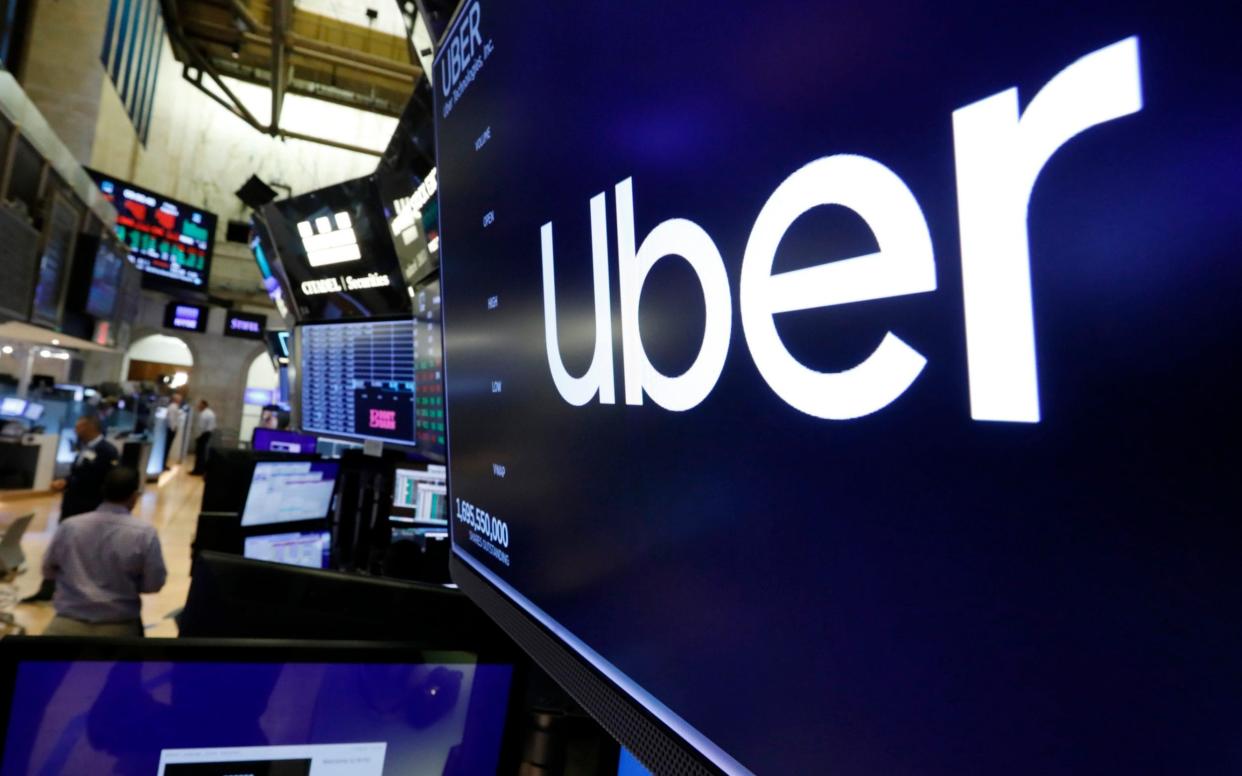Uber loses $1.8bn as rides business plummets during pandemic

Uber lost $1.8bn (£1.37bn) in the second quarter, as its taxi business plummeted by 75pc and its food delivery business failed to make up the shortfall.
The app-based taxi and food delivery company lost more than Wall Street expected as it disclosed the full impact of the Covid-19 pandemic, which brought its transport operations almost to a halt around the world.
Its Eats food delivery business fared better, with revenue doubling, but this was cancelled out by a slump in prices and slow recovery in demand for taxis, its largest sector.
Overall revenue fell by 29pc and the number of monthly active consumers dropped by 44pc since last year. Shares fell by 5pc after the figures were released.
The results showed its struggle to make food delivery profitable. Despite a 106pc growth in bookings, the sector lost just 19pc less than it did a year ago, with losses narrowing from $286m to $232m.
Meanwhile in its taxi business, which made $506m a year ago, earnings shrank by 90pc. It brought in just $50m worldwide on an Ebitda basis (earnings before interest, taxes, depreciation, and amortization), one measure of profits.
The company's efforts to slim down by offloading businesses like its Jump bike and scooter rental service reduced losses in its "other bets" section from $70m to $23m.
The company's balance sheet also showed $19m income from the transaction which offloaded Jump to Lime in May.
On a call with analysts chief executive Dara Khosrowshahi said that the Eats business is now as big as the taxi business was when he took over in 2017.
"We’ve essentially built a second Uber in under three years," he said, adding in an allusion to mass layoffs undertaken earlier this year that the company had had to take "tough action" to secure its future.
"We are seeing the bounceback. We are seeing again and again that Uber can deliver, and when cities open up, Uber opens up."

 Yahoo News
Yahoo News 
